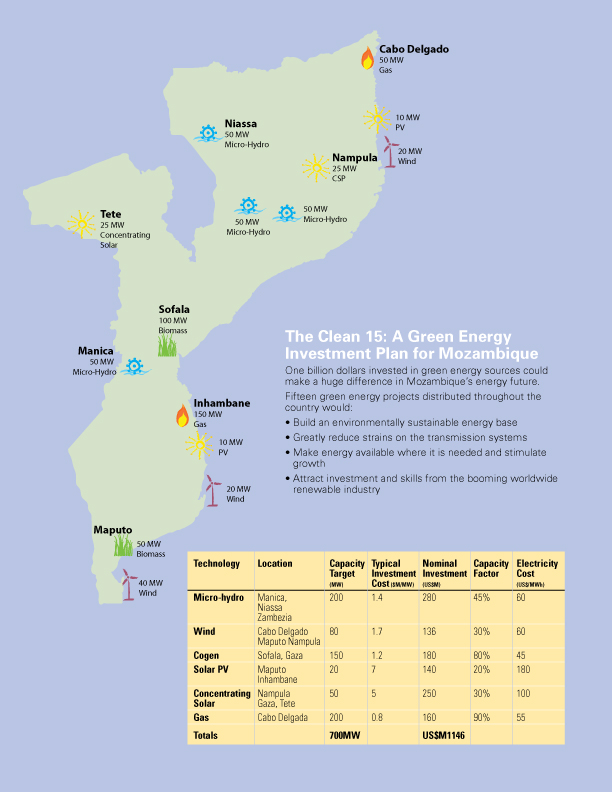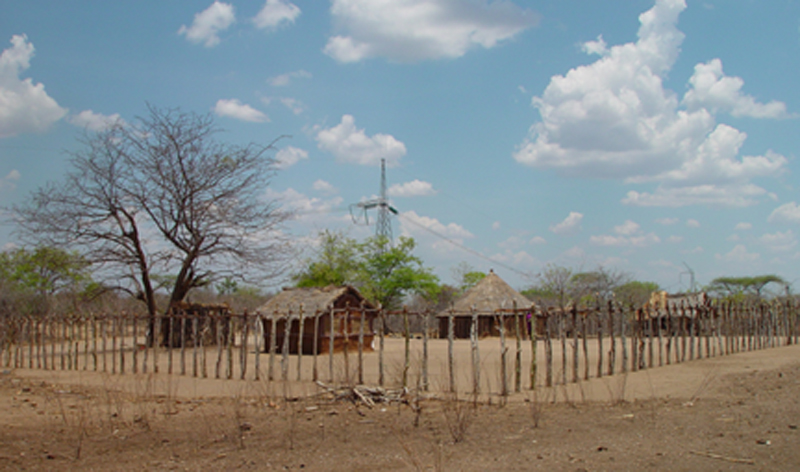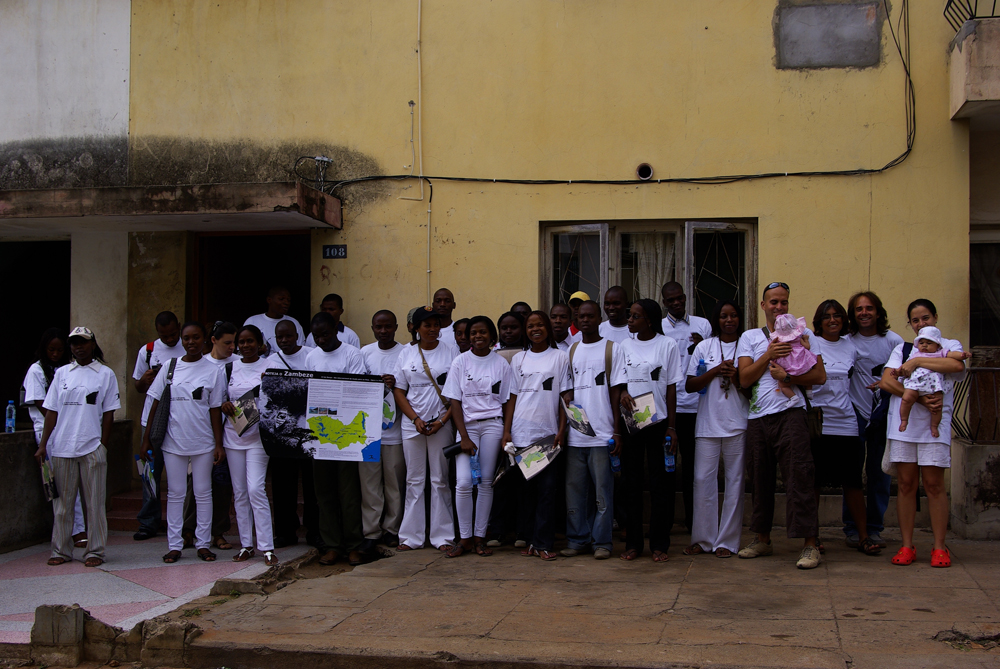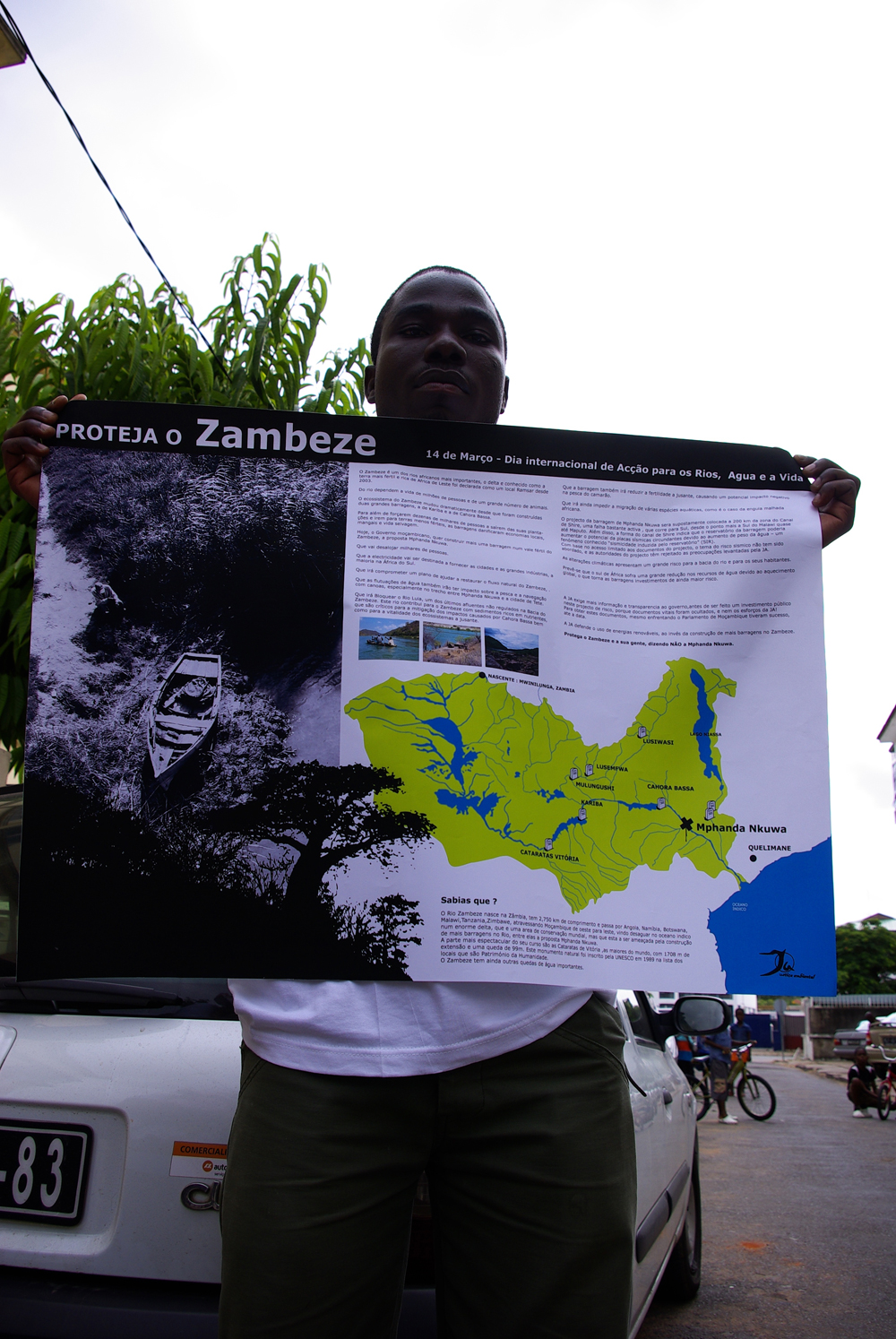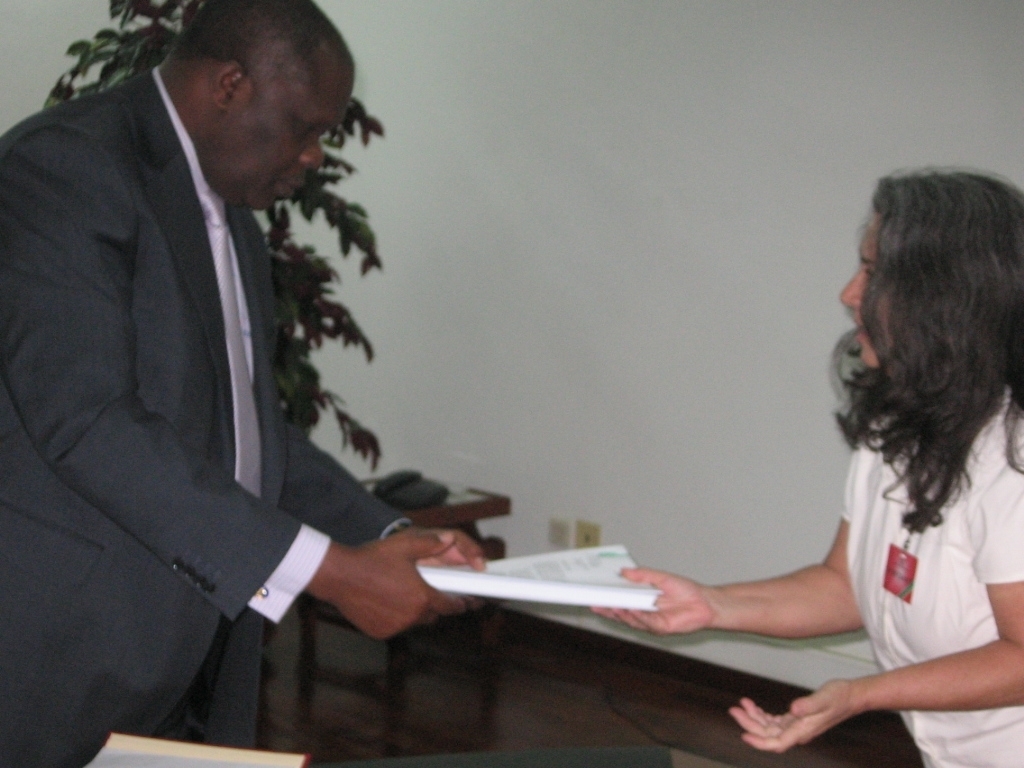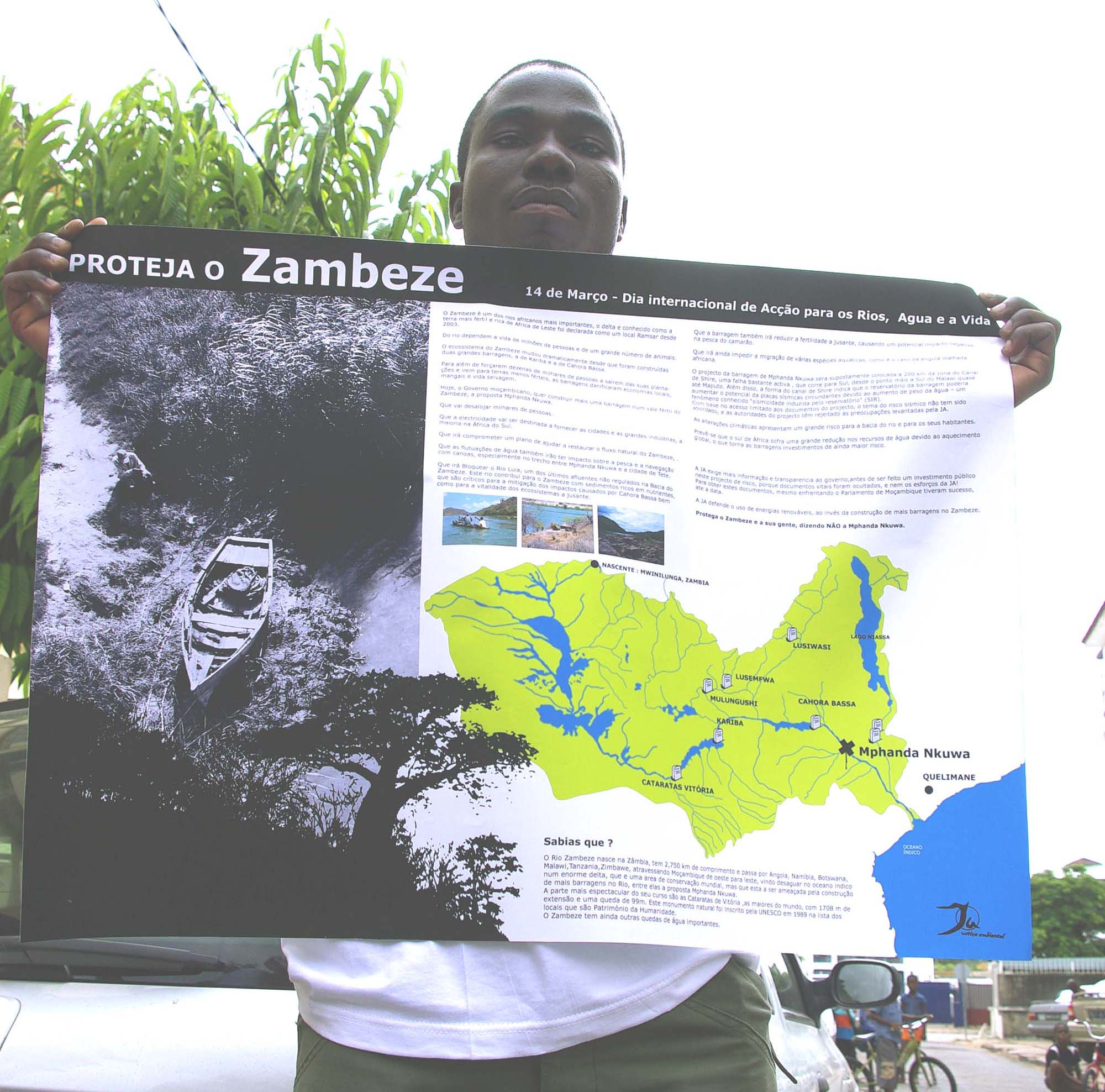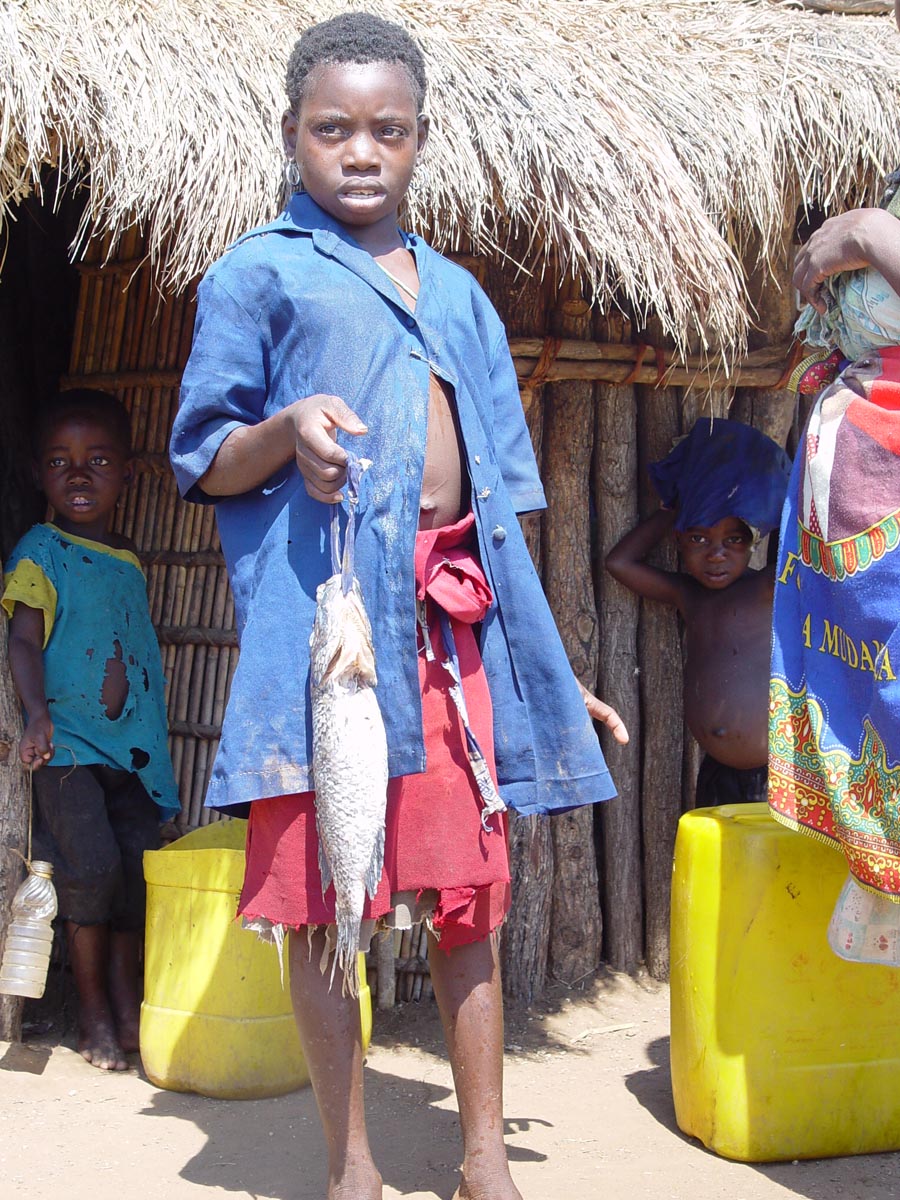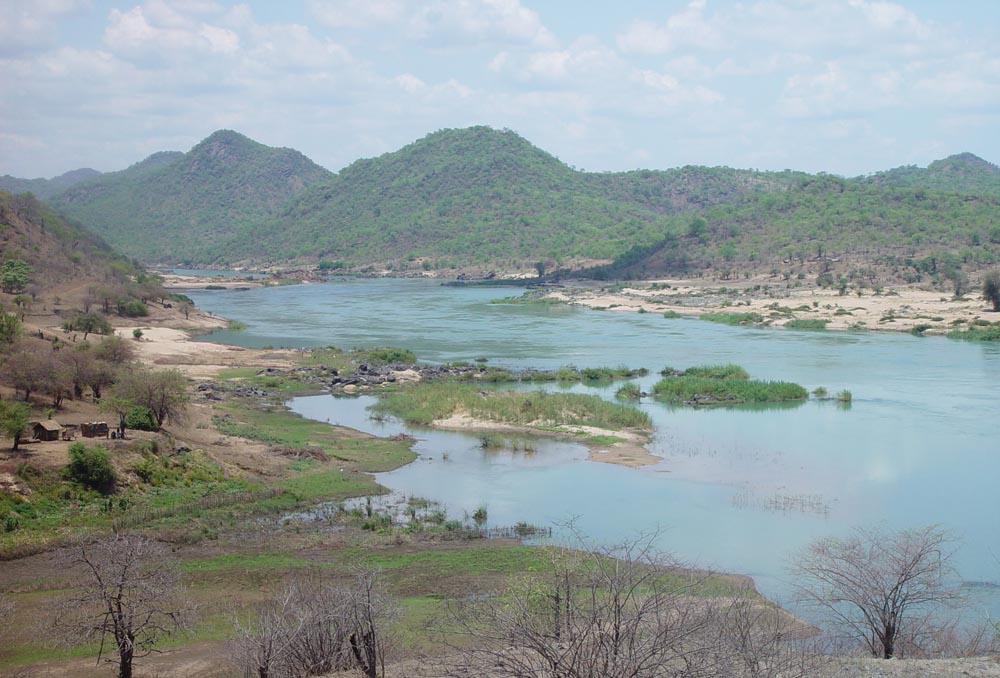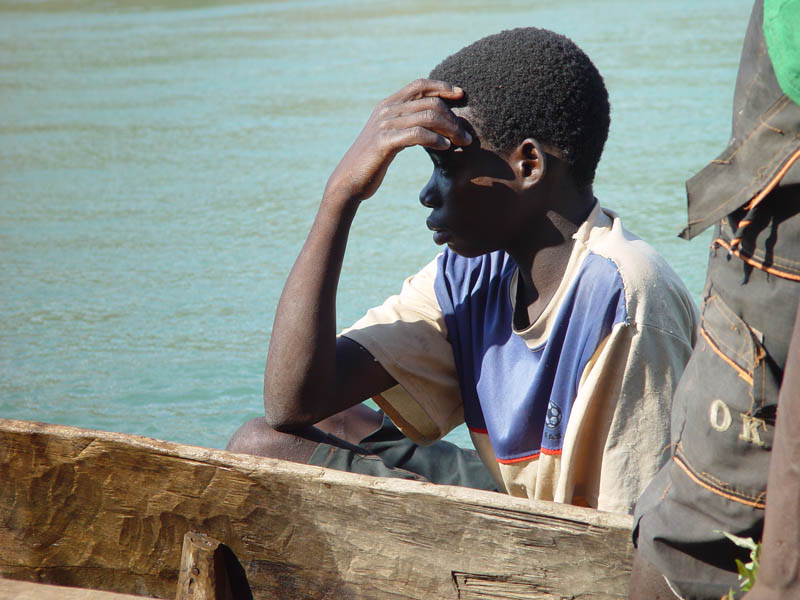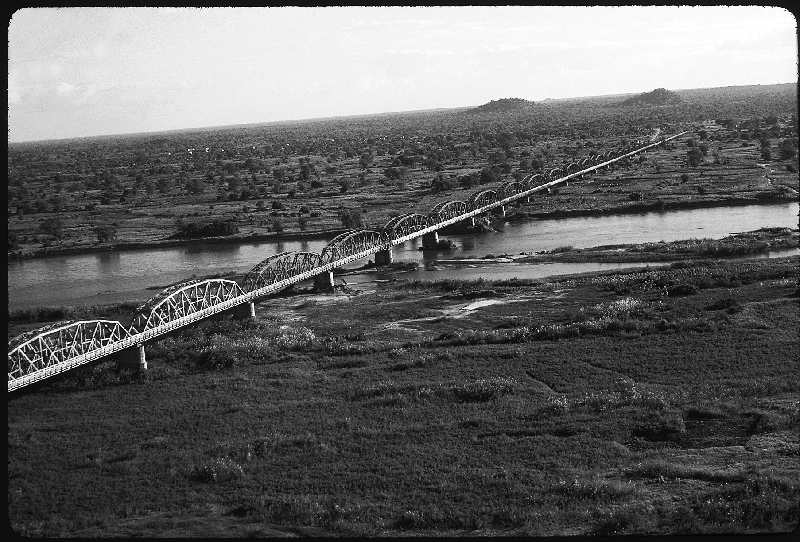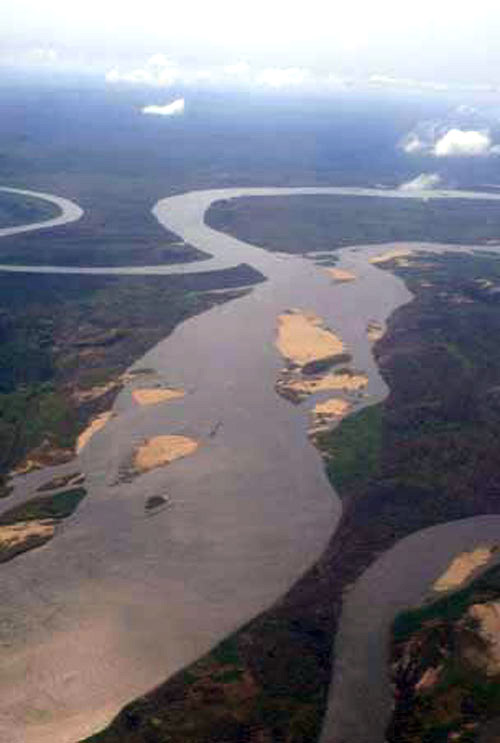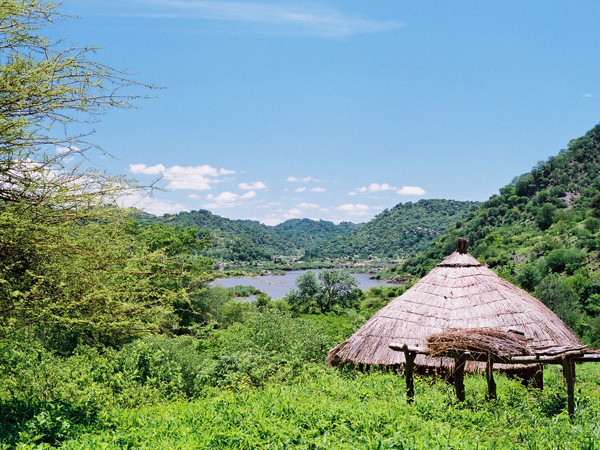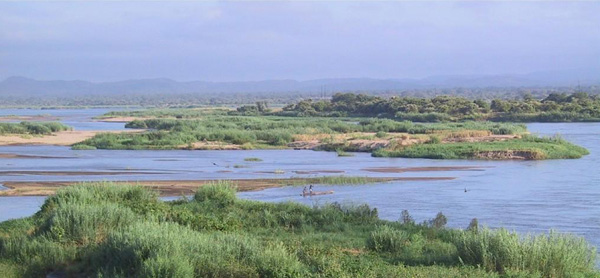Although millions depend on the Zambezi River in Mozambique for their livelihoods, the Mozambique government is proposing to build a huge new dam, Mphanda Nkuwa, 60 kilometers downstream from the huge Cahora Bassa Dam, which has brought hugely destructive impacts to the lower Zambezi. Proponents hope Mphanda Nkuwa will help attract energy-intensive industries to Mozambique, but for the foreseeable future, much of its electricity will be exported to South Africa.
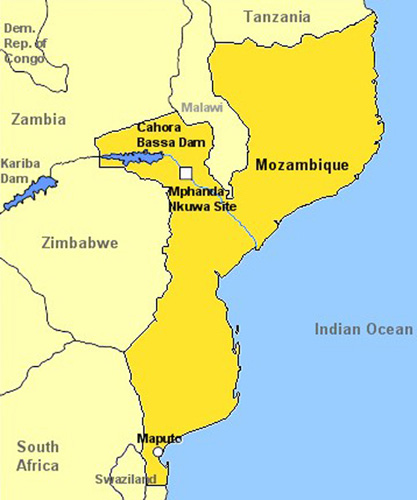
The project would set a poor standard for future energy development projects in Mozambique. In addition to displacing rural farmers, Mphanda Nkuwa would make downstream restoration through improved management of Cahora Bassa very difficult to achieve. Mphanda Nkuwa could also exacerbate downstream social and environmental damage by causing daily fluctuations in river level. The US$2 billion project also poses significant economic risk to Mozambique, one of the world’s poorest nations. Mozambique’s rural poor are in desperate need of electricity, but due to the high cost of extending the transmission grid, this dam will not contribute significantly to rural electrification. Smaller, decentralized options would better suit the needs of Mozambique’s rural majority.
The Mozambican environmental group Justiça Ambiental (JA!) says the project does not meet the guidelines of the World Commission on Dams (WCD). They are calling for a public process to review other energy options and to address the impacts from past dams, as recommended by the WCD.
Read a Fact sheet on the project in English and Portuguese
More information
Mozambique Government’s Official Website
Visit the government of Mozambique’s official website to read about the proposed Mphanda Nkuwa Dam.
Contact us
- Rudo Sanyanga – rudo@internationalrivers.org


